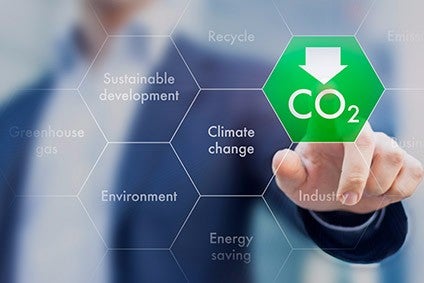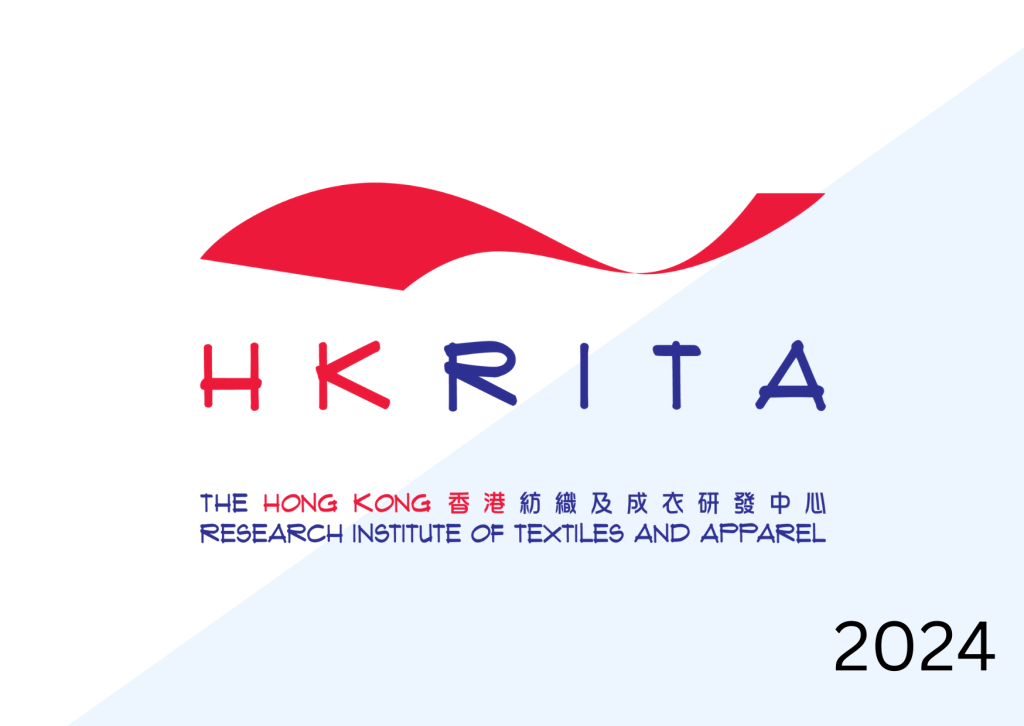As Sainsbury’s and Fat Face add to the list of companies pledging carbon neutrality across their operations, is there a risk of “greenwashing,” when the real issue lies in the supply chain?
UK supermarket retailer Sainsbury’s today (28 January) committed to cut emissions across its business and operations to zero by 2040 – a decade earlier than some of its competitors, and the UK as a whole.
A GBP1bn (US$1.3bn) investment will help the company to achieve carbon neutrality over the next 20 years, as it looks to implement a programme of changes – with a focus on reducing carbon emissions, food waste, plastic packaging and water usage and increasing recycling, biodiversity and healthy and sustainable eating.
Sainsbury’s says it will work with the Carbon Trust to assess emissions and set science-based targets for reduction, publicly reporting on progress every six months. It will also work with suppliers to set their own net-zero commitments in line with the Paris Agreement goals to avoid dangerous climate change by limiting global warming to well below 2°C and pursuing efforts to limit it to 1.5°C.
Similarly, British casualwear retailer Fat Face this week pledged to become carbon neutral by 2020. The plan is to reduce CO2 emissions by at least 40% and offset the remaining CO2 emissions by planting trees and supporting projects that reduce CO2 emissions globally.
The company also says no waste will be sent to landfill, and single-use plastic will be eliminated across the business. Additionally, 100% of the energy powering Fat Face’s head office and UK stores will come from renewable sources.
How well do you really know your competitors?
Access the most comprehensive Company Profiles on the market, powered by GlobalData. Save hours of research. Gain competitive edge.

Thank you!
Your download email will arrive shortly
Not ready to buy yet? Download a free sample
We are confident about the unique quality of our Company Profiles. However, we want you to make the most beneficial decision for your business, so we offer a free sample that you can download by submitting the below form
By GlobalDataSupplier network
While the commitments are a step in the right direction, John Perry, managing director of supply chain and logistics consultancy Scala, says the announcement by Sainsbury’s is undermined by the notable omission of any concrete pledges to improve the environmental credentials of its supplier network, which is responsible for most of the chain’s emissions.
“To create net-zero pledges that achieve major, long-term gains, businesses should ensure their environmental stance is properly reflected by their supplier network, which means partnering with suppliers that share their sustainability values and goals.
“To this end, businesses should prioritise longer-term and more strategic relationships with their partners, as this will in turn support longer-term thinking and subsequent investment into sustainability initiatives. Establishing and communicating expectations through a supplier code of conduct is a particularly effective way for businesses to involve suppliers in their sustainability efforts.”
Perry believes that by working in close partnership with their suppliers, businesses can drive a cleaner, greener future for the planet while substantially improving their reputation and bottom line.
CEO pledges
Indeed, Gucci CEO Marco Bizzarri recently issued a cross-industry call to other chief executives to implement a “360-degree climate strategy,” taking “full responsibility and accountability” for the total greenhouse (GHG) emissions generated by their business activities.
The majority of GHG emissions are generated in a company’s supply chain and current reduction efforts – and the innovations needed to support them – do not come close to mitigating these emissions, according to Gucci, adding nor will they in the near or mid-term future.
In November, Bizzarri launched the ‘CEO Carbon Neutral Challenge,’ which aims to address GHG emissions immediately. It proposes that companies must adopt an annual approach to first avoid, reduce and restore and then, as a final measure, offset the total remaining emissions within their operations and across the entire supply chain (Scopes 1, 2 and 3 of the Greenhouse Gas Protocol) through nature-based solutions, which will support the protection of critical ecosystems and help mitigate climate change.
According to the Carbon Trust, as much as 80% of a company’s total carbon impact lies outside its direct operational control.
More than 90 global fashion brands and retailer, including adidas, Gap Inc, H&M and Inditex, have joined the Fashion Industry Charter for Climate Action (UN Fashion Charter), which is also aligned with the goals of the Paris Agreement. The Charter’s long-term vision is for the industry to achieve net zero emissions by 2050.
However, Maya Rommwatt, fashion campaigner for environmental group Stand.earth, says the Charter commitments don’t go far enough.
“To get really excited, we’d like to see signatories pledge to make deeper and faster emissions cuts aligned with a pathway to 1.5 degrees, which is what current science tells us we must be aiming for if we want to reduce the worst impacts of climate change. This would mean committing to reducing absolute climate pollution in their global supply chains by at least 40% by 2025, setting specific renewable energy goals for their factories and mills, and pledging to avoid false solutions like reaching ‘carbon neutrality’ through mass carbon offsets.”









Related Company Profiles
Fat Face Ltd
Gap Sp. z o.o.
Scala
adidas AG
Stand.earth